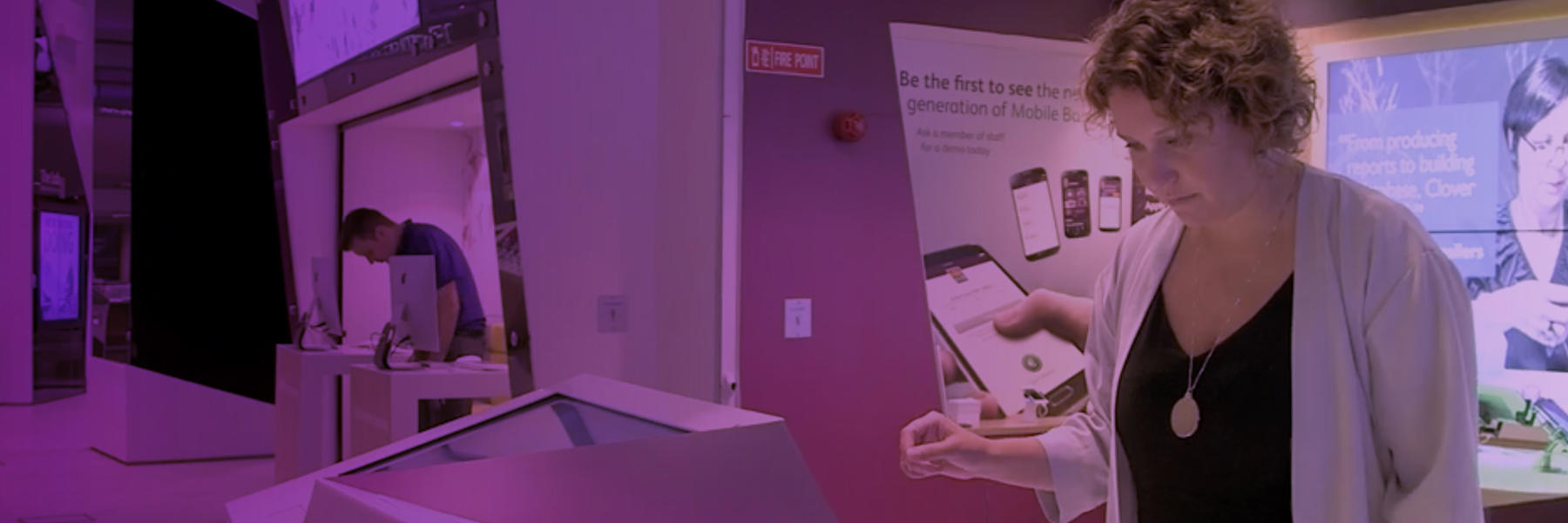

Old digital interfaces caused bottlenecks
Traditionally, cash management between banks and businesses required planning, time and resources. Businesses use many banks and accounts to manage the transfer delays between service providers, which causes extra work. The old digital interfaces were designed for a time when the process was far from real-time and required all transactions to go through the organization’s finance department.
In today’s digital world, this approach felt ancient. The rigidity of the digital channels made it cumbersome to integrate them with all business processes of an organization, which limited and often prevented the development of user-friendly services.
To open up new avenues for businesses and their services, it was time to remove unnecessary cash flow boundaries and intermediaries.
Navigating uncharted territory in APIs
Companies weren’t used to integrating their services flexibly to banking APIs, so their applications didn’t provide a clear guideline for development. Developing highly advanced technological solutions for a market that doesn’t exist yet required creativity and embracing the unknown. We wanted to develop APIs that would set the standard for flexible business solutions.
The ultimate goal was to create real-time, cloud-based interfaces with a completely digital onboarding process and easy integration to any business area. To bring OP up to speed, we needed to incorporate flexible technology and creative ideas into the regulation-driven standards of banking. This presented multiple challenges:
Developing cutting-edge technology solutions that communicate with the bank’s legacy IT systems
Identifying the business effects of the project in all departments of OP
Meeting the banking encryption standards in a cloud architecture
Payment integrations have traditionally gone through intermediaries
There were zero benchmarks for the ambitious plan. Also, with the new market opportunities created by PSD2 (the open banking plan introduced by the EU) and the subsequent gold rush, we had around 12 months to complete the project.
Five months into the project, the first payment API was in pilot testing and the official release followed six months later. The fast-paced project required maintaining a balance between a stunning number of details and the areas where fast and innovative solutions were possible. For example, the encryption standards between the bank, the customer and the API left no room for improvisation, whereas many other areas offered possibilities to challenge existing norms.
In Fourkind, part of Thoughtworks, we have a partner that understands present and future customer needs, even the ones that are left unsaid. Not to mention their technical capability to turn the needs into concrete solutions.


Open banking innovations for faster, easier digital banking
The project evolved to create a paradigm shift in cash management. The new APIs allow companies to integrate their business processes into real-time digital interfaces that provide all the standard payment transaction services of a bank.
To date, the project has yielded two types of cloud-based APIs that are the first of their kind in the world. First, account data APIs for real-time information of corporate accounts and transaction feeds. And second, payment APIs for real-time payments and refunds.
The variety of services offered to customers is expanding fast, and new, creative banking solutions are regularly made available through the APIs. This has several remarkable benefits:
Better corporate cash management saves time, money and resources for the businesses - and removes a ton of friction from their customers
Businesses can offer superior service to original payers and payment recipients by integrating their systems with OP’s APIs
All of the solutions have digital onboarding that can be completed in just a few minutes, including contract signing and encryption key exchange
The use of intermediaries is now more fluid. Instead of relying on an accounting firm to take control of the whole cash management integration, businesses can have several partners that efficiently handle specific business areas. The integration is so fast and easy that often intermediaries aren’t even necessary.
OP’s strategic choices affect a large part of the Finnish society and commerce. OP now has a single platform that opens up a whole new world to both businesses and end users.
As transactions are instant, corporate finance data is always up-to-date, allowing businesses to make informed decisions about their cash flow.
Transaction times dropped from an uncertain duration of days to a couple of seconds, enabling businesses to provide end user services the world has never seen before
The project has made OP a global pioneer in open banking. Their APIs have fulfilled corporate customer needs digitally and evened the playing field between the rigid banking world and innovative businesses.


















